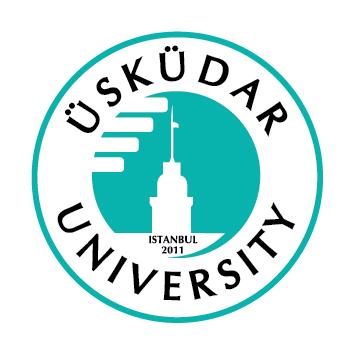Article
Makale
Mysticism and Rational Inquiry in the School of Ibn ʿArabī
Ekberî Gelenekte Tasavvuf ve Aklî Tahkîk
Mohammed Rustom
Year 2022, Issue 2, Pages:172-182
Despite the fact that some of the main followers of the famous Spanish Muslim mystic Ibn ʿArabī (d. 638/1240) were well-versed in the discipline of philosophy, the school of Ibn ‘Arabī is often not regarded in Western scholarship as a philosophical school in the usual sense of the term. This is because Ibn ʿArabī’s followers tend to tackle the central problems of philosophy through the medium of mystical and religious symbolism (all here positively understood). In order to properly present the teachings of the school of Ibn ʿArabī as a unified philosophical perspective, therefore, I will argue that their emphasis upon symbolic formulations are largely a means by which they can present well-known rational concepts, but in accessible and concrete language.
Ünlü Endülüslü sûfî İbn ‘Arabī’nin (ö. 638/1240) önde gelen bazı takipçilerinin felsefe disiplininde derin bilgi sahibi oldukları gerçeğine rağmen Ekberī gelenek, Batı akademisinde genellikle, terimin olağan anlamında, bir felsefî ekol olarak görülmez. Bunun nedeni İbn ‘Arabī takipçilerinin, felsefenin esas problemlerini, tasavvufî ve dînî sembolizm (ki burada hepsi olumlu anlamda anlaşılmaktadır) aracılığıyla ele alma eğiliminde olmalarıdır. Dolayısıyla bu makalede, bütünleşik bir felsefî görünüm olarak İbn ‘Arabī ekolünün öğretilerini uygun bir biçimde ortaya koyabilmek için, ekolün mensuplarının sembolik formüllere yaptıkları vurgunun, büyük oranda, iyi bilinen rasyonel kavramları daha kolay anlaşılabilir ve somut bir dille anlatma amacından kaynaklandığını ileri süreceğim.

